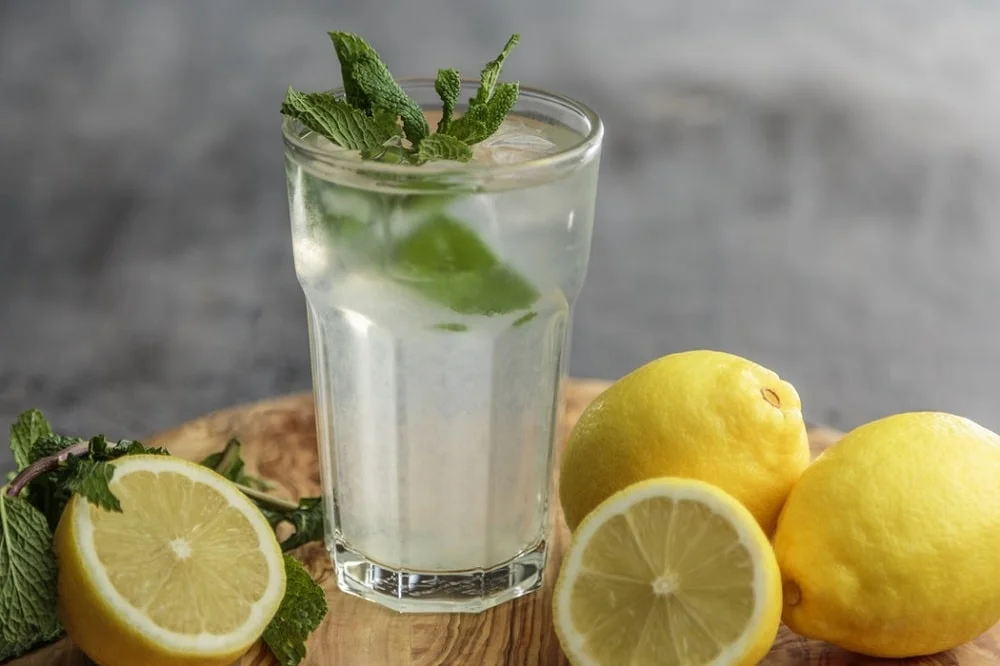Mint is one of the oldest culinary herbs known for Its remarkable medicinal properties. Mint Leaves have very powerful antioxidant properties and are beneficial to treat skin conditions. It also aids in digestion, weight loss, relief from nausea, depression, fatigue, headache, and breathing disorder, and managing blood sugar levels in our body.
Around the world, Mint is a popular ingredient in several foods and beverages, ranging from teas and alcoholic drinks to salads, sauces & desserts. Indians, especially are no stranger when it comes to mint as they use it in their chutneys, raita, and in many other recipes.
Mint, scientifically known as Mentha, is widely used for culinary purposes and in creams, breath fresheners, candies, and many more.
While eating the mint plant offers many health benefits, research shows that several of the mint’s health benefits come from applying it to the skin, inhaling its aroma, or taking it as a capsule.
Here are some amazing health benefits of mint leaves that you should know,
1. Helps in Weight Loss
Mint consumption ensures that you lose the extra fat and the reason is its much-famed digestive properties. Mint stimulates digestive enzymes that further consume the fat content of the body, which helps facilitate better absorption of nutrients from food to produce energy. As the body absorbs proper nutrients, the metabolism works faster and aids in weight loss.
2. Treats Common Cold
Mint is known to clear congestion of the nose, throat, bronchi, lungs, and that’s the main reason why many vapor-rubs and inhalers are available in mint. Mint also has anti-inflammatory properties that relieve the irritation caused by chronic coughing.

It also possesses relaxant properties which are considered to be extremely helpful for asthma patients. It relieves congestion in the nasal pipe and gives comfort to the patient. However, excess use might lead to irritation in the nose and stomach.
3. Helps in Digestion
Mint has soothing and cleanses properties that prevent inflammation in the stomach. Mint consumption helps in the production of digestive enzymes which activates salivary glands and helps in the process of digestion.
Indigestion occurs when food sits in the stomach for too long and mint consumption helps that food passes through the stomach quicker. As a result, food passes to rest digestive tracts properly and helps digestion faster. Many clinical studies had proven that peppermint oil rather than fresh or dried leaves has a significant impact on case indigestion.
4. Mask Bad Breath
As mint is equipped with germicidal tendencies, it acts as a popular breath freshener. Mint prevents bacterial growth inside the mouth by ensuring a clean tongue and gums. Because of these properties, mint is a very popular ingredient in chewing mints, mouthwash, and toothpaste.
Clinical research already proved that drinking mint tea or chewing fresh leaves of it will prevent bad breath. But as it doesn’t reduce the bacteria which are causing bad breath, so results will be for a few hours.
5. Prevents from allergies

Mint is very much useful in case of seasonal allergies and fever. Essential oils present in the composition of mint help our body to resist allergies and hay fever called Rhinitis.
It’s best to consume mint in raw form to be most effective against allergies. You can also consume mint tea as an alternative.
Also Read:
- Foods That Makes You Taller: Facts And Examples
- Cilantro vs Coriander: Difference, Facts And Health Benefits
- 10 Foods That Burns Belly Fat Effectively For A Slim Waist
6. Improves Mental Health
Mint is highly beneficial for mental health as various studies have proven its effects. Those who consume mint regularly are known to be higher cognitive and mentally alert. Mint is an essential part of aromatherapy and is used to beat stress and rejuvenate the mind. It has adaptogenic properties that regulate cortisol levels in our body and also rev up your brainpower.
7. Mint Leaves: Good for Skin
Mint possesses antipruritic and antiseptic properties and is used as a traditional remedy for treating acne and pimples. It also contains a high content of salicylic acid, which works as an effective skin cleanser.
Mint helps prevent and cure skin infections, and itchiness. It also treats and eliminates scars caused due to bites by insects like mosquitoes, honeybees, wasps, and hornets. Mint is a good source of antioxidants that help prevent free radical activity, giving you clearers and youthful skin.
Mint is commonly used as a face mask by combining crushed mint leaves and honey and applying it to your skin. Leave it for 20 minutes. Wash off with warm water for glowing and fresh skin.




